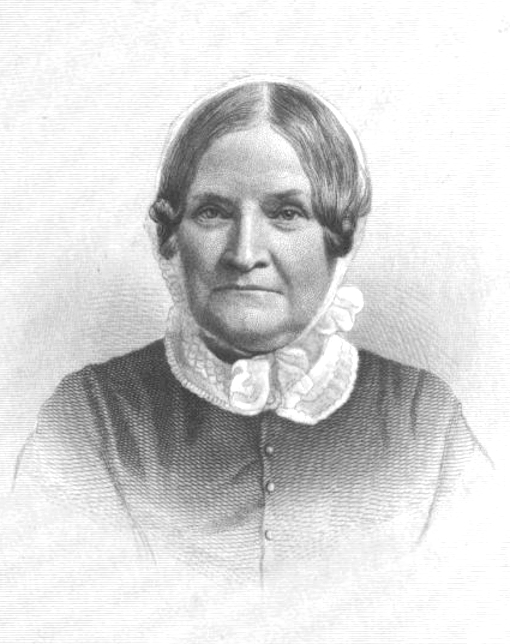“Abençoado o homem que ouve muitas vozes ternas a chamá-lo de pai.”
Blessed indeed is the man who hears many gentle voices call him father!
" Philothea http://books.google.com.br/books?id=dLTv3EkBxWYC&d" - Página 260; de Lydia Maria (Francis) Child - Publicado por J. H. Francis, 1851
